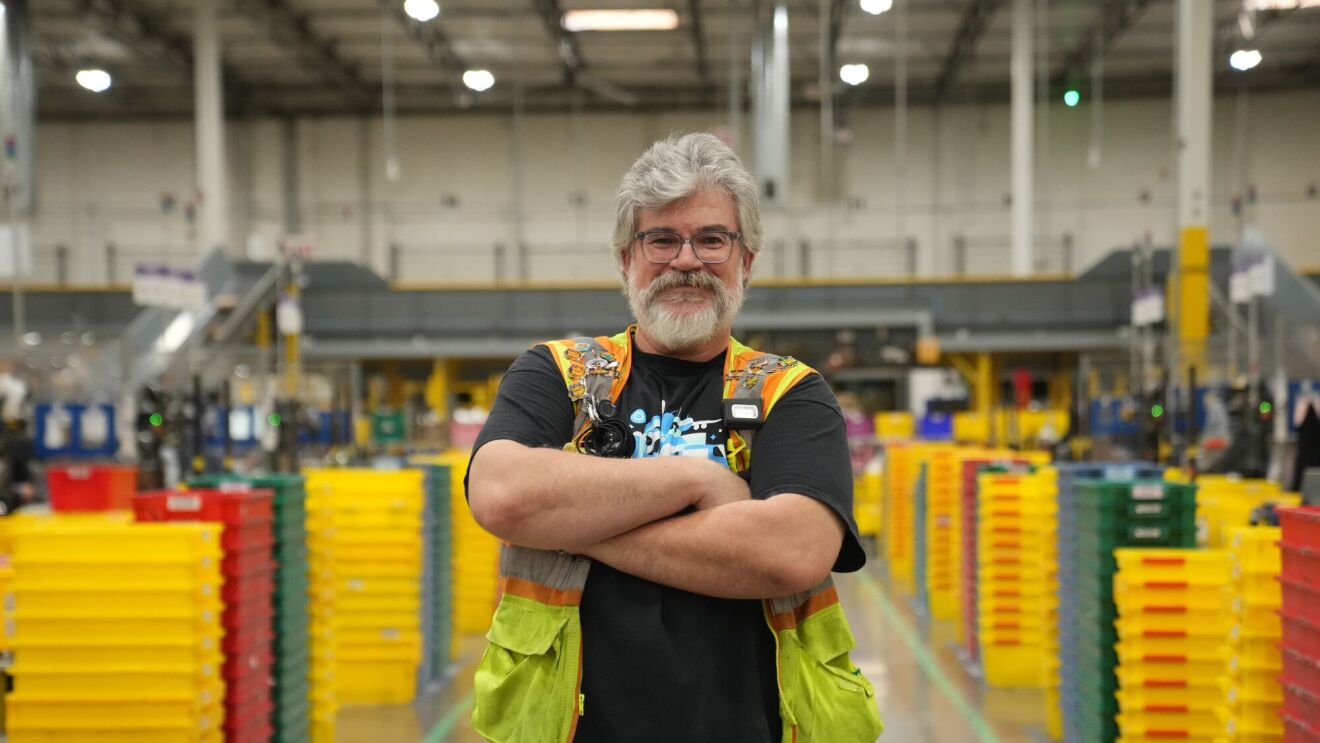Congress and various state legislatures are considering legislation (called “INFORM Act” bills) pushed by some big-box retailers, including Home Depot and RILA, the Retail Industry Leaders Association, which purports to curtail the sale of counterfeit and stolen goods online. In reality, this legislation favors large brick-and-mortar retailers, at the expense of small businesses that sell online, while doing nothing to prevent fraud and abuse or hold bad actors accountable. If Congress and states want to actually stop bad actors from harming consumers, they should instead pass legislation that increases the penalties against online criminals and provides greater resources for law enforcement.
We know that fraudsters will go to extreme lengths to hurt honest entrepreneurs and consumers. That’s why Amazon has the processes, technology, and teams in place to protect our customers by preventing counterfeits, unsafe products, and otherwise fraudulent activity before it occurs. We’ve developed industry-leading programs to verify a potential seller’s identity and ensure that only authentic and legal products are sold in our store. We block accounts belonging to suspected bad actors before they even publish a single listing, and we’ve formed a global team called the Counterfeit Crimes Unit, which includes former federal prosecutors, experienced investigators, and data analysts. This team is solely dedicated to bringing alleged bad actors to justice and holding them accountable to the fullest extent of the law, including working with law enforcement to proactively share information.
Law enforcement works tirelessly to stop fraud and abuse online, but they are understaffed, under-resourced, and unable to keep up with bad actors who change tactics by the minute. Amazon is committed to stopping fraud and abuse in our store, and on top of our preventive efforts, we believe the most effective way to do that is for Congress and the states to increase penalties and provide law enforcement with greater resources.
But if policymakers are considering other legislation about bad actors online, they should only consider legislation that applies to all business models, not the current INFORM Act bills that favor brick-and-mortar big-box retailers over others. These bills also harm small businesses trying to sell online. As groups like the Makers and Merchants Coalition and the PASS Coalition have pointed out, these bills open the door for new types of fraud and abuse. The bills would require publishing the personally identifiable information of millions of sellers. These bills also have onerous seller verification requirements that would not stop bad actors, but instead would effectively drive away legitimate businesses from engaging in online commerce. And these bills set in stone seller verification processes that could quickly be outwitted by fraudsters and would prevent the types of innovation that Amazon and other online stores are constantly adopting.
If there is to be legislation in this space, policymakers should pass meaningful legislation to stop bad actors. Sellers would be ill-served by the patchwork of state requirements being pushed by big-box retailers and RILA in the states where they operate. We share policymakers’ goals of protecting consumers from bad actors, and we urge government and law enforcement to do more. But we should not let a few large businesses try to protect their own business model at the expense of small businesses and innovation. It’s time to call this for what it is. We stand ready to work with Congress and the states to meaningfully address these issues industry-wide.
Trending news and stories







